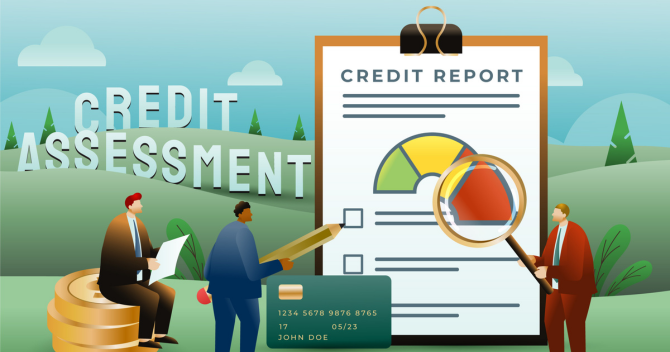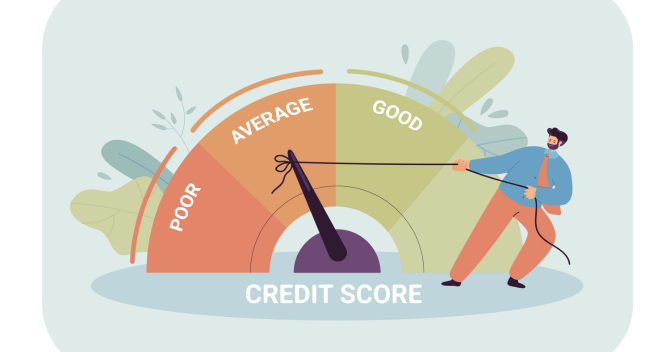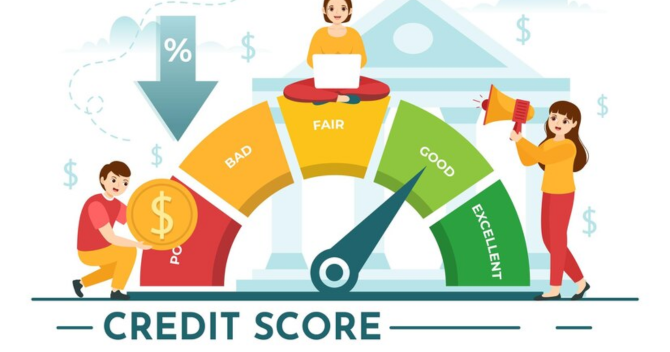
A personal loan can be a useful way to finance various things that you can’t afford all at once, whether it’s for paying for higher education, splitting the cost of a wedding, or helping you get through an unexpected disaster. Contrary to popular assumption, however, obtaining a personal loan does not always lower your credit score.
Based on your credit history, your bank determines your credit score, which affects your financial path.
So what does the term "credit score" mean?
Credit Score is a means by which a financial institution evaluates a person’s financial behavior to determine the amount and interest rate of credit that can be extended to them. It’s your “street cred” when dealing with banks. Every institution will see your unique credit score, which functions as an index of all your significant financial transactions.
Your credit score may rise or fall based on a number of variables. You will benefit from having a high credit score as long as you have a reliable source of income and carefully repay all of your loans.
Examine the elements that influence the credit score calculation process:
1. Credit utilization: This is the ratio of the credit you have been provided to the amount of credit you have already utilized. Their credit score is higher the higher this number is.
2. Debt load – An additional consideration is the total debt a person possesses and the repayment pace of that debt. In this case, the credit score will rise in tandem with the debt amount, but only to a certain extent, beyond which it will begin to decline.
3. Types of loans: The length of the loans is taken into account when calculating credit ratings, which vary depending on the type of loan.
4. Credit history length: In general, a credit score benefits from a lengthier credit history.
Personal loans and their impact on credit ratings

Personal Loan's Effect on Other Credit Score Elements
Application for Personal Loan and New Credit

Credit Score Interpretation
A number of lenders use a potential customer’s CIBIL score to determine their creditworthiness. The different CIBIL score levels and their meanings are as follows:
- Above 750 – Excellent: Shows judicious use of credit. Due to their decreased default risk, lenders favor these borrowers and give them the best interest rates. Because of their strong credit score, borrowers have significant negotiating power with lenders and can negotiate better rates.
- 650 – 749 – Good: Shows a limited history of missed payments or payment delays. The loan will probably be approved by a lender, perhaps with a little higher interest rate and perhaps further documentation. The borrower might not have a lot of negotiating leverage with the lender.
- 550 – 649 – Average:A borrower with a score between 550 and 649 may find it difficult to get financing from lenders because it suggests some risky financial activity. If they adhere to sound financial habits, people in this bracket can raise their credit score and get into a higher bracket.
- Less than 550 – Poor:A credit score of less than 550 is regarded as being poor. People in this category most likely have outstanding debt or have previously fallen behind on payments. The lenders view this as a high-risk group, thus their chances of receiving a loan are nearly nonexistent.
A borrower with this score is probably unstable financially, has a history of missed payments, has taken on a significant amount of debt, and so forth.

